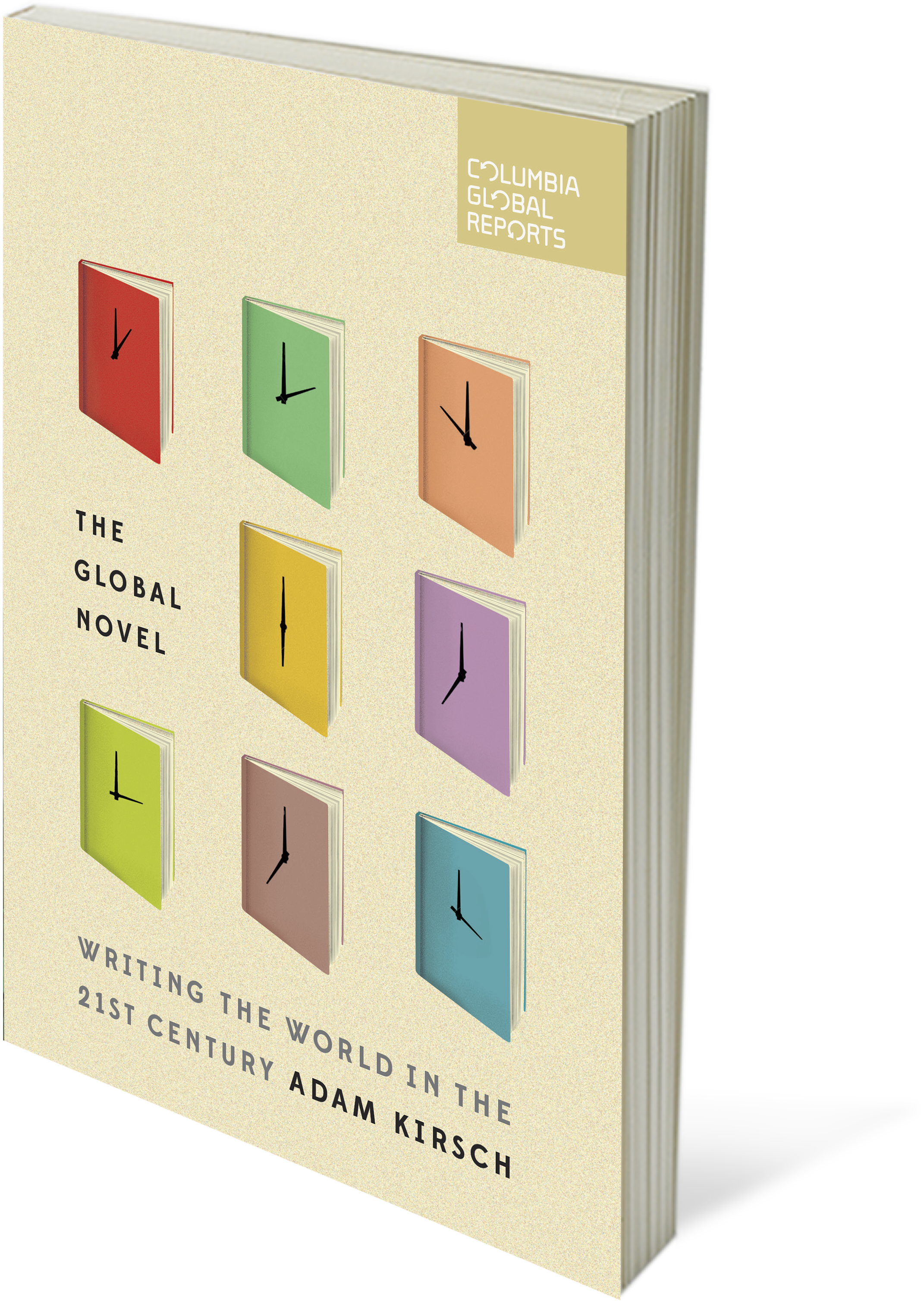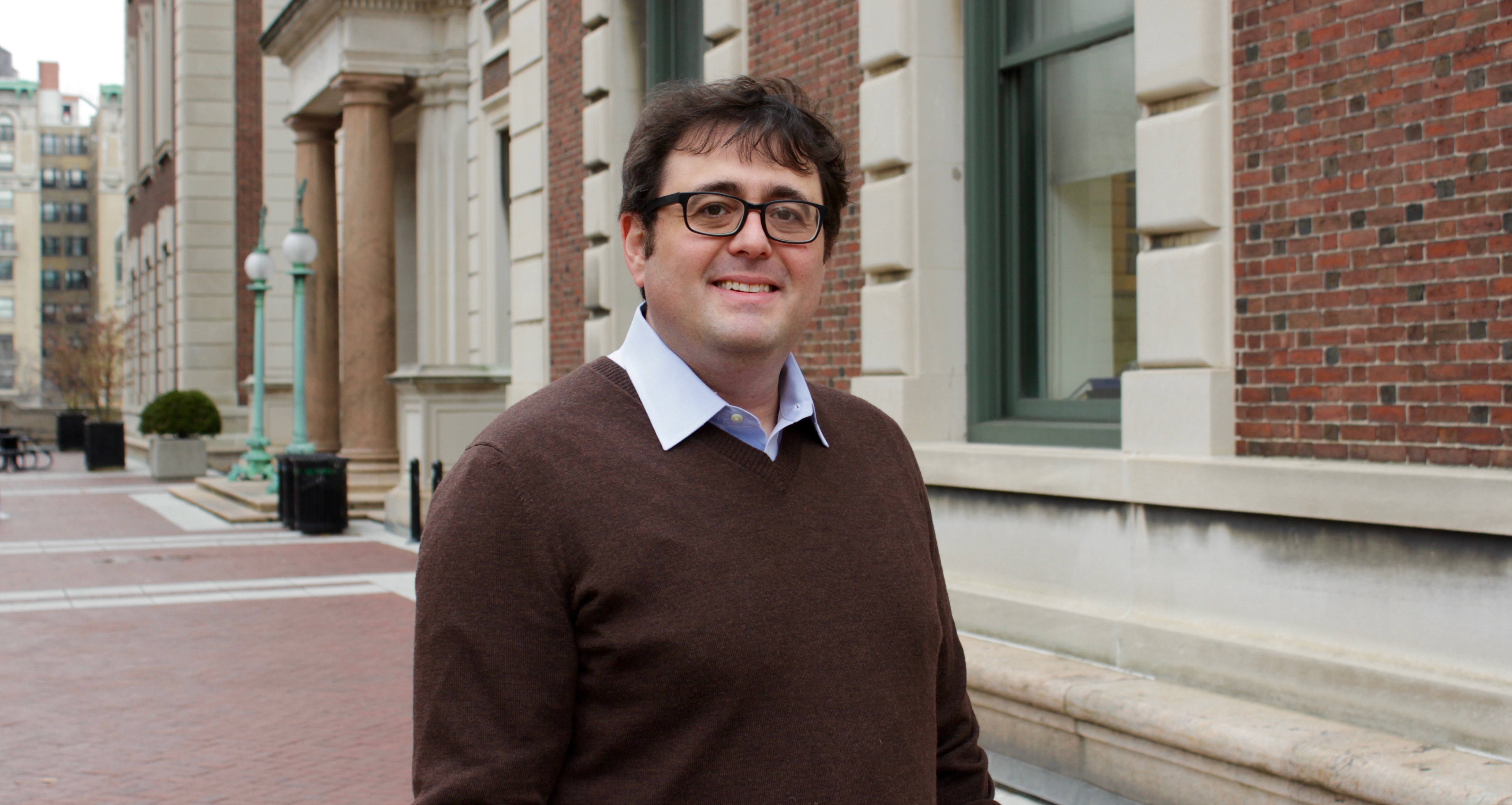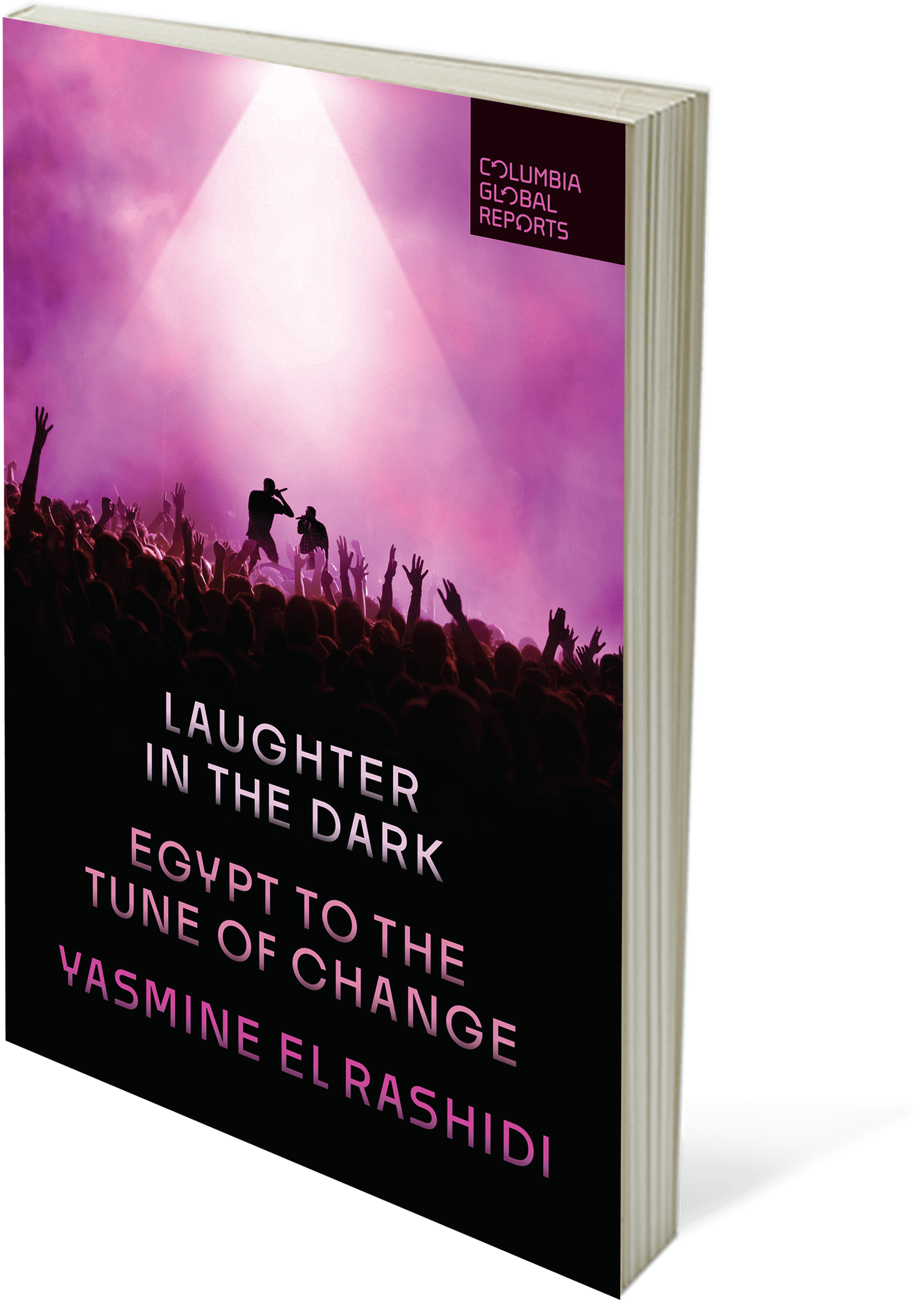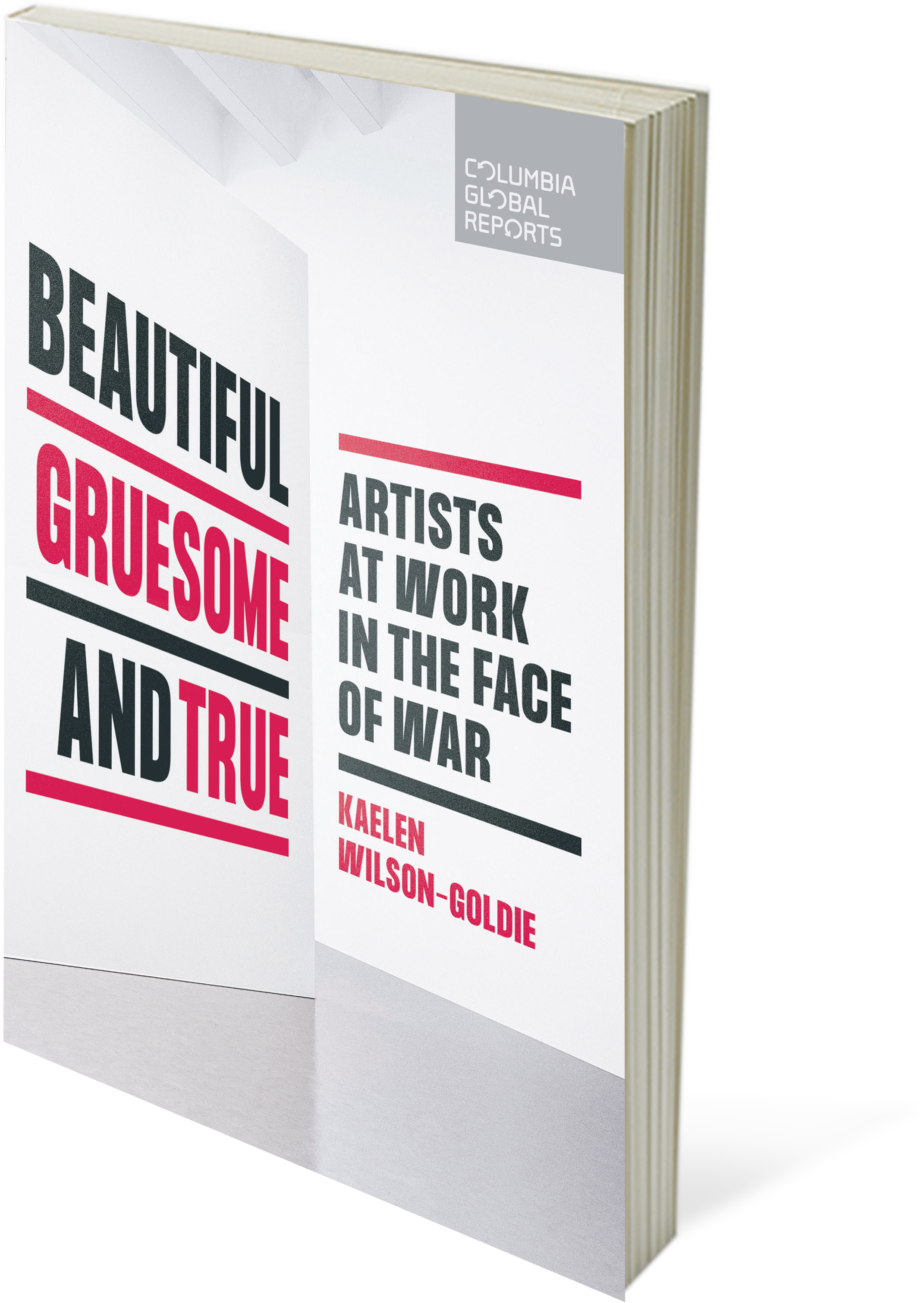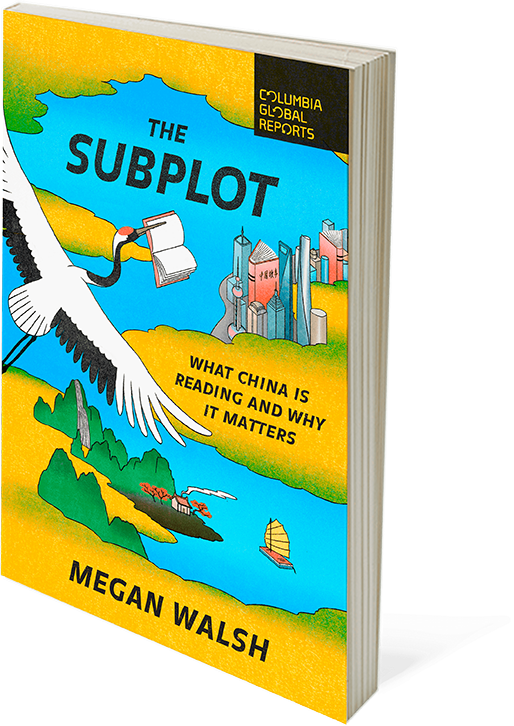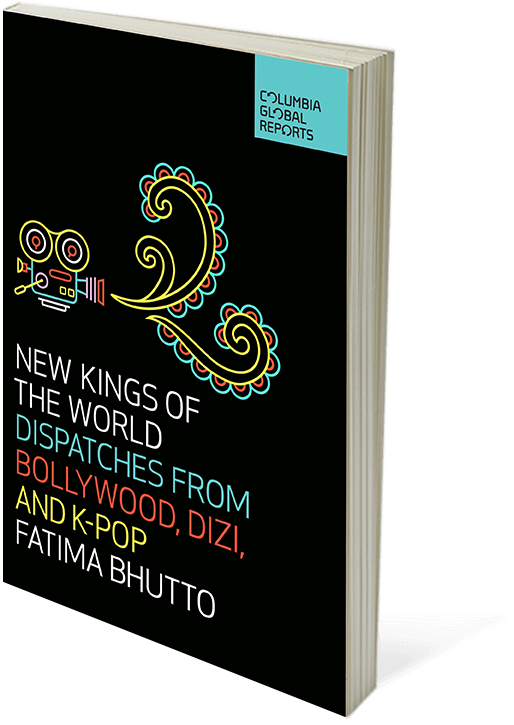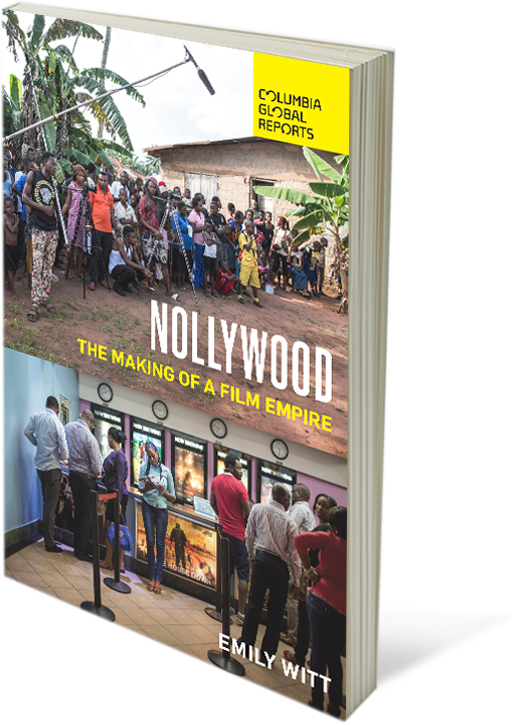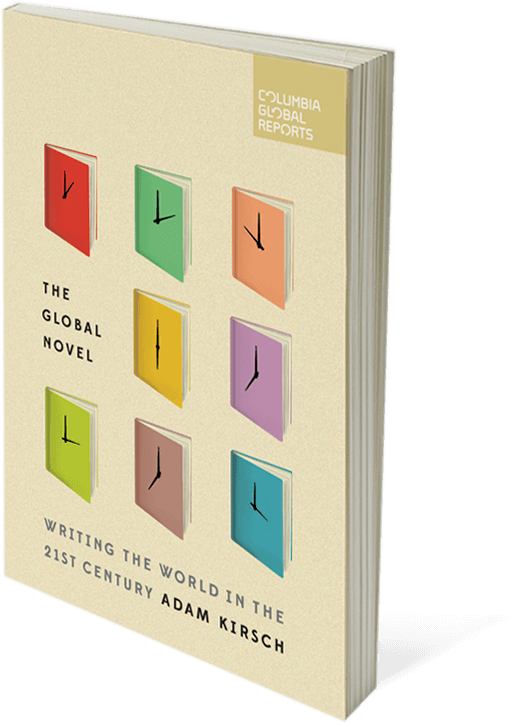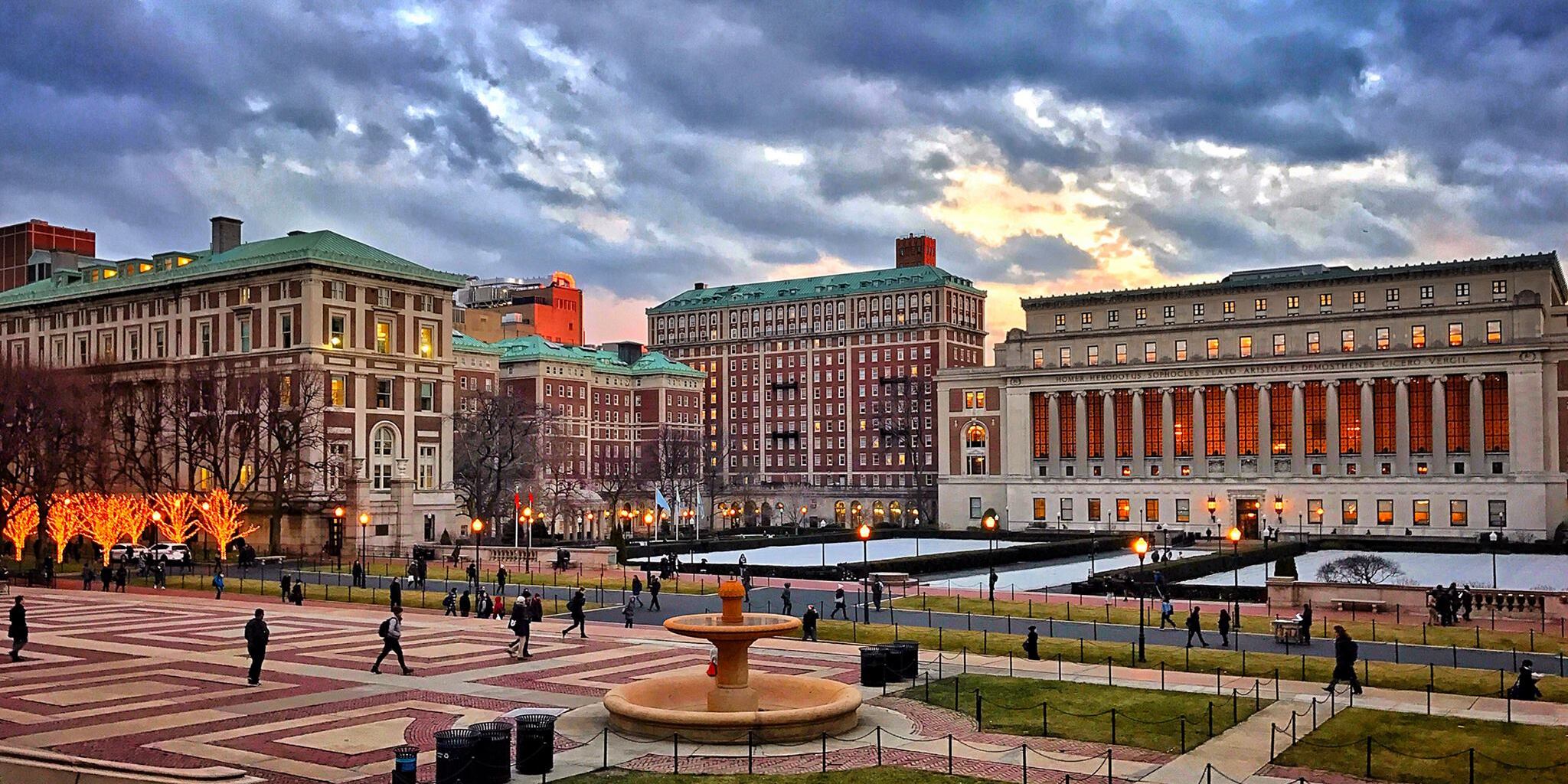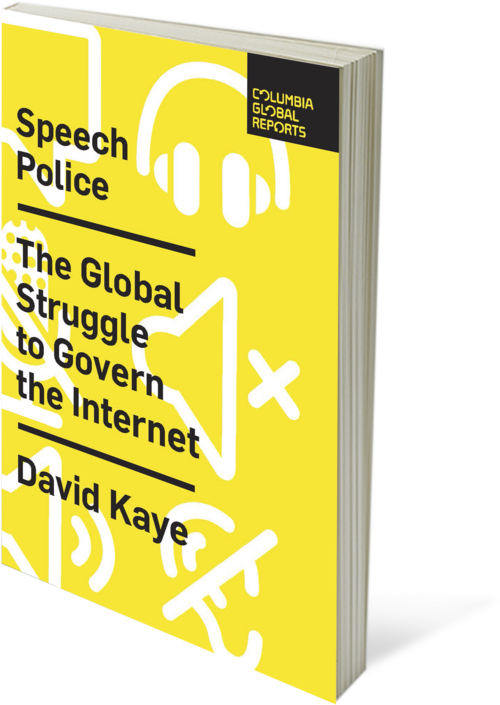The Revolt Against Humanity
Imagining a Future Without Us
By Adam Kirsch
Adam Kirsch, one of our leading critics, calls our attention to an arresting new idea, representing a major departure from our dominant cultural traditions: that humans should not be, and soon will not be, the dominant force on the planet.
$16.00
ISBN: 9781735913766
ebook ISBN: 9781735913773
On Sale: January 10, 2023
Pages: 104
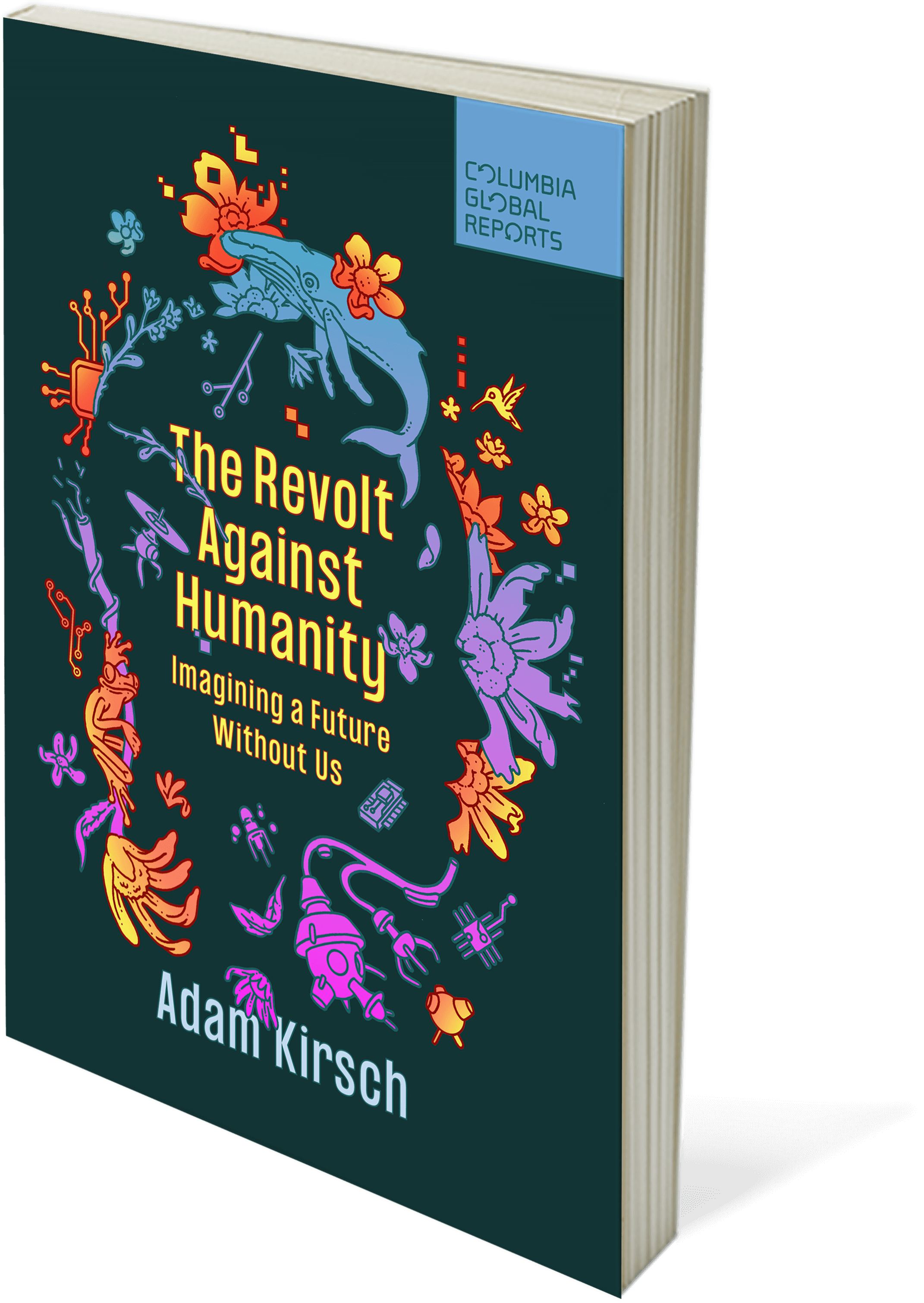
Overview
Should we welcome the end of humanity?
In this blistering book about the history of an idea, one of our leading critics draws on his dazzling range and calls our attention to a seemingly inconceivable topic that is being seriously discussed: that the end of humanity's reign on earth is imminent, and that we should welcome it. Adam Kirsch journeys through literature, philosophy, science, and popular culture, to identify two strands of thinking: Anthropocene antihumanism says that our climate destruction has doomed humanity and we should welcome our extinction, while Transhumanism believes that genetic engineering and artificial intelligence will lead to new forms of life superior to humans.
Kirsch’s introduction of thinkers and writers from Roger Hallam to Jane Bennett, David Benatar to Nick Bostrom, Patricia MacCormack to Ray Kurzweil, Ian McEwan to Richard Powers, will make you see the current moment in a new light. The revolt against humanity has already spread beyond the fringes of the intellectual world, and it can transform politics and society in profound ways—if it hasn’t already.
No Upcoming Events
Also by Adam Kirsch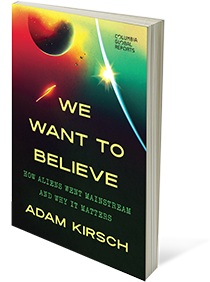
We Want to Believe: How Aliens Went Mainstream and Why It Matters
Adam Kirsch draws on a wide literature of believe and skepticism to examine UFOs not as fantasy but as a mystery closer to home: what it means for society when certainty fails and curiosity persists.
The Global Novel: Writing the World in the 21st Century
An exploration some of the 21st century’s best-known writers and how they each have a way of imagining the world that sees different places and peoples as intimately connected.
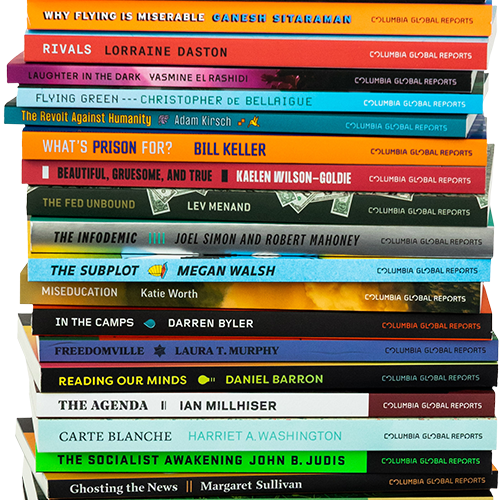
Be the Most Interesting Person
in the Room
Subscribe to Columbia Global Reports Books
Find new ways of looking at the world with Columbia Global Reports. Our $85 subscription includes six paperbacks mailed in advance of publication directly to your doorstep.

